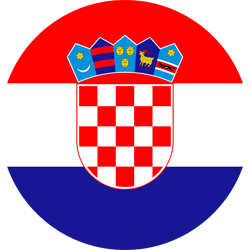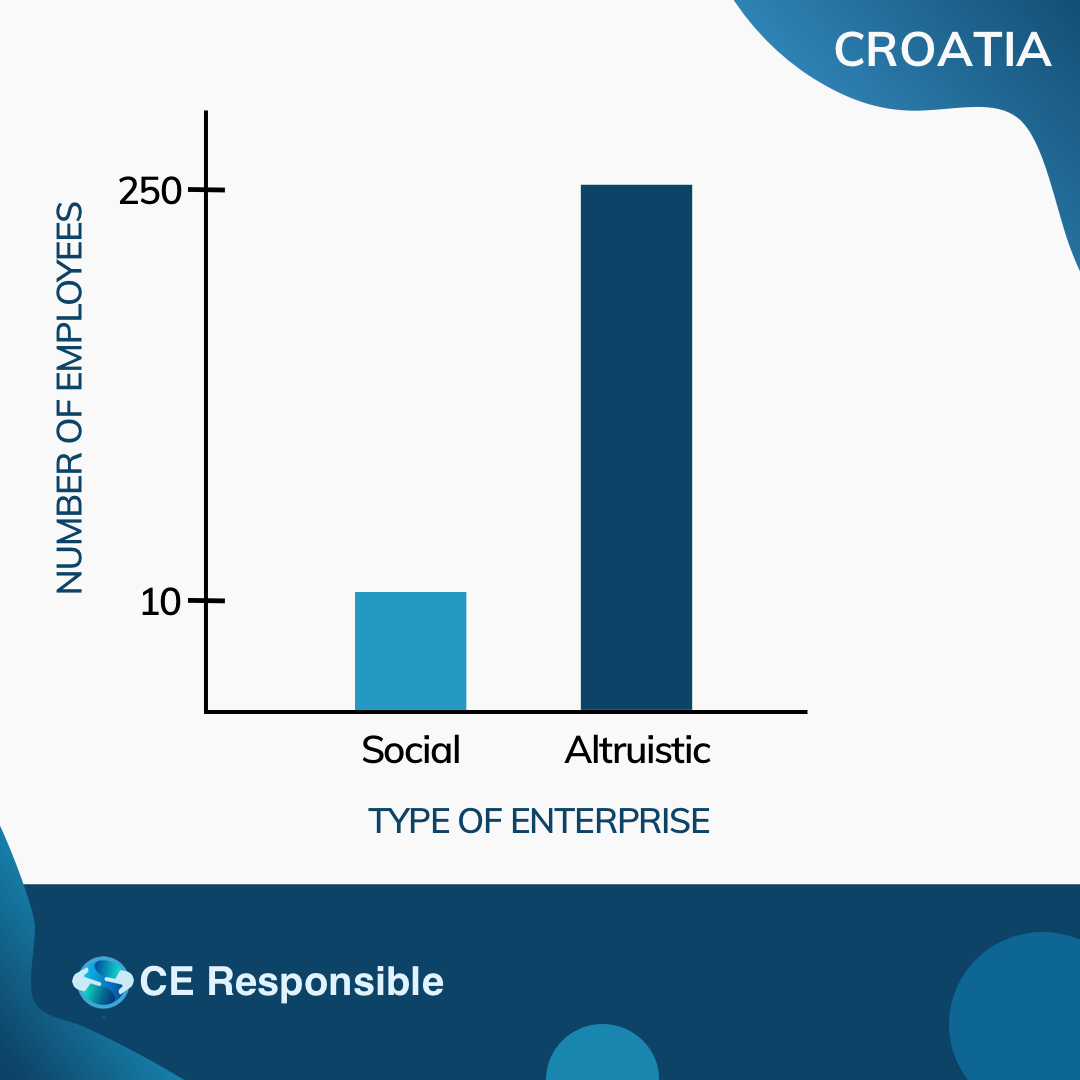Croatia
Country Profile

Croatia is a unitary state using a parliamentary system of governance. It is classified by the World Bank as a high-income economy. The government structure is based on separation of legislative, executive and judicial powers. The country is part of the EU since 2013 and it is Croatia’s most important trading partner.
Social enterprises in Croatia are facing many challenges, but the most important barrier to their development is without doubt the slow pace of progress in the creation of a supportive legal framework and institutional environment.
Country Facts and Figures [CRO]
| Indicator | Value | Source |
| Population | 4.047.200 | WB, 2020 |
| Human Development Index | 0.837 | HDI, 2021 |
| GDP (current US$) (billions) | 55.966 | WB, 2020 |
| GDP growth | -8.4 | WB, 2020 |
| GNI per capita, PPP ($) | 28.630 | WB, 2020 |
| Foreign direct investment, net inflows (BoP, current US$) (millions) | 1,170 | WB, 2019 |
| Domestic credit provided by financial sector (% of GDP) | 75 | TE, 2018 |
| Tax revenue (% of GDP) | 22.2 | WB, 2019 |
| Unemployment rate | 7.5 | WB, 2020 |
| Unemployment rate (male) | 7.5 | WB, 2020 |
| Unemployment rate (female) | 7.6 | WB, 2020 |
| Unemployment rate (youth 15-24 years) | 27.9 | CBS, 2021 |
| Employment rate (male) | 65.8 | CBS, 2021 |
| Employment rate (female) | 57 | CBS, 2021 |
| Average monthly net wage (EUR) | 7,046 | CBS, 2021 |
| Poverty rate | 18.3 | WB, 2018 |
| Households with internet access (%) | 85 | Statista, 2020 |
| Sources: *Human Development Index 2021 *World Bank 2018, 2019 & 2020 * Croatian Bureau of Statistics, 2021 * Trading Economics, 2018 * Statista, 2020 | ||
Policy Framework

Social Entrepreneurship Ecosystem

Employees in Social Enterprises

